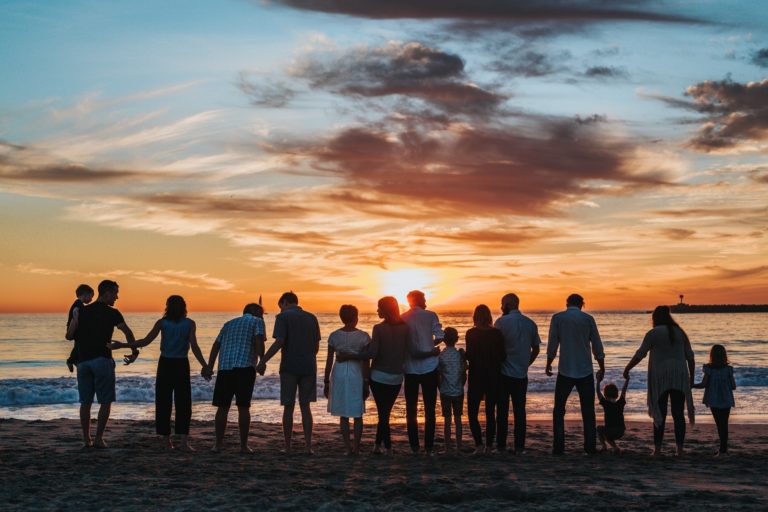At some point we may all experience some form of trauma. Trauma can occur from abuse, a car accident, abandonment, natural disasters, and much more. We can also experience trauma by seeing another person go through a serious event. Trauma can greatly impact us and decrease our quality of life. Trauma reactions alters the brain and even damages neurotransmitters.
These impacts can cause PTSD or (post-traumatic stress disorder). How we each respond to trauma is very different and the things we learn from the trauma are also very different. Although our experiences are different and vary from person to person, there are similar signs to look for.
When you experience a traumatic event, it can feel isolating and lonely or like no on understands. Knowing the reactions to trauma can help us feel not as alone and it can also show us what reactions and responses should be unlearned later.

Reactions to trauma:
- Emotional reactions
After experiencing trauma, you may feel a mix of emotions. You may feel fear at first but then these feelings could turn into anger, sadness, or you could feel nothing at all, which is also a reaction.
- Memory reactions
This can include replaying the event over and over. It is okay during this process to not remember much but then get overwhelmed when memories start to resurface.
- Staying away from any place, thing, person, smell, or sound that reminds you of the trauma
After trauma you may want to forget everything that happened and create avoidant behaviors. People, places, smells, etc., can bring you unpleasant memories you do not want to remember or relive.
Those who are highly sensitive have a nervous system that is always on edge. This can make you constantly anxious, fear in stressful or crowded situations, social anxiety, loss of interest in relationships, and more.
- Creating a negative self-image of yourself and the world
Traumatic experiences may have you questioning yourself and your decisions as well as how you view the world. You may feel like the world is now dangerous and that you or others cannot be trusted.
With trauma and our responses to it, come unhealthy behaviors that we learn out of a trauma response.
Things that we need to unlearn:
- Ignoring our boundaries
- Making ourselves invisible out of fear
- Not wanting to ask for help because of fear or even mental health stigma
- Going against your beliefs to avoid traumatic memories or conflict
- How we are conforming because of societal expectations
- Believing we are at fault for our trauma
- Believing that we do not deserve healing and peace
- Seeking validation from others instead of ourselves
- Ignoring instead of confronting problems or conflict

Types of therapy to help unlearn behaviors and help heal from trauma:
- EMDR therapy (Eye movement desensitization and reprocessing therapy)
- CBT therapy (Cognitive behavioral therapy)
- DBT therapy (Dialectical behavioral therapy)
- Brainspotting therapy
- Group therapy
- & More
Trauma is extremely difficult to face and manage. Sometimes you may want to ignore the trauma all together and sometimes you may want to face it head on. Try to not ignore your reactions to trauma and help yourself overcome these reactions by seeking therapy. Although you may feel alone, you are not alone. Reach out to a trained therapist for help who is certified in trauma therapy.
There are many different reactions to trauma and that is okay, just know the similar reactions so that you are able to get help as soon as you notice the signs. Understand that learned behaviors from trauma can be unlearned. There are many helpful therapies for trauma such as EMDR, CBT, DBT, Brainspotting, and much more.




